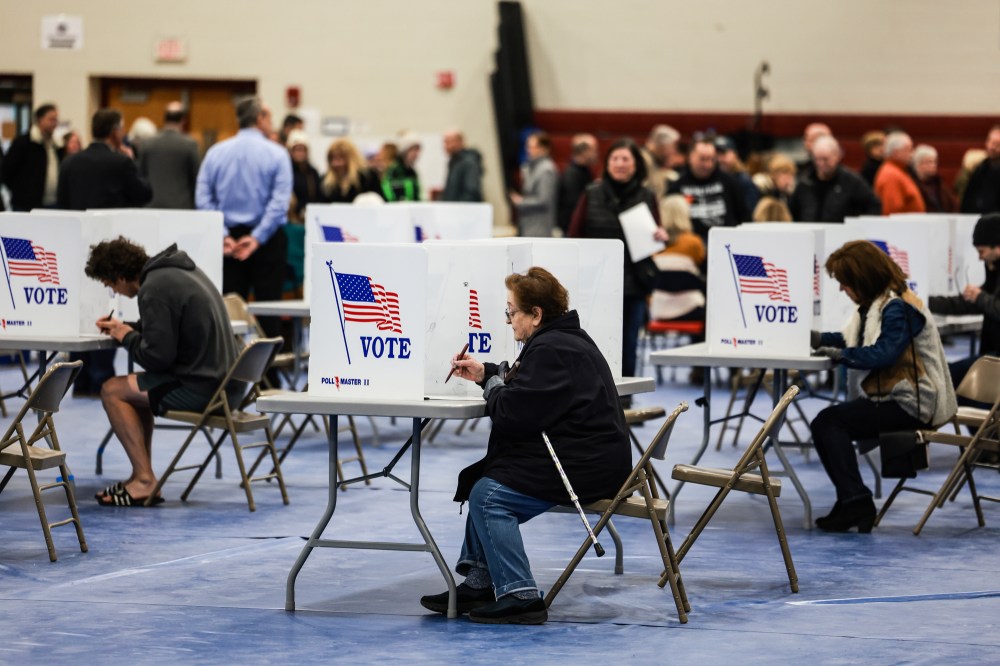As the United States reaches yet another Election Day, it’s worth a reminder that although casting a ballot is easy for most, voting is still too hard for many Americans. It all depends on the state, or sometimes even the county, in which you live. And it shouldn’t — and doesn’t — have to be this way.
Consider the case of Arizona. As the result of a long and still ongoing legal dispute, if you registered to vote this summer using a form that the federal government produces to be used around the country, you would be allowed to vote in federal elections, but not in Arizona state or local elections, unless you also provided papers proving your citizenship.
The reality is that noncitizen voting is very rare in the United States, and not a problem on a scale that affects election outcomes.
That rule also applied to anyone who tried to register using the state of Arizona’s own voter registration form — until the U.S. Supreme Court got involved. Following the court’s August ruling, adults trying to register using Arizona’s form would not be allowed to vote in any election without showing government officials their citizenship papers. These confusing and arbitrary rules were put in place ostensibly to prevent noncitizens from voting. But the reality is that noncitizen voting is very rare in the U.S., and not a problem on a scale that affects election outcomes.
Or consider Texas. Forty-two states, including many deep-red states, allow voters to register online. Online registration is a sound process that cuts down on errors, because voters are more likely to type their own name and address correctly than an election worker is reading off a paper form. Online registration also doesn’t lead to voter fraud, unlike paying people to collect registrations in person, which occasionally does lead to problems.
But Texas does not allow most people to register online. And a recent investigation by The Texas Tribune and Votebeat found that many Texans’ paper applications are being rejected for no clear reason. “They filled out the paper application form, mailed it, gave it to a volunteer deputy registrar, or even went to their county office to drop it off — and still weren’t successfully registered,” writes Votebeat’s Natalia Contreras.

Another recent survey by Votebeat and Spotlight PA found that 36 counties in Pennsylvania notify voters of certain technical defects in mail-in ballots and give the affected voters a chance to cast a valid ballot; 28 counties do not. So many of the voters who made errors in those 28 counties simply will not have their ballots counted.
But why does the difficulty of voting depend upon where you live? The answer is that we have a hyperdecentralized system of running elections in the U.S. We don’t run a single election or even 51 elections (for each of the 50 states plus Washington, D.C.). We instead run over 8,000 simultaneous elections, often on the county level.
What’s more, the U.S. Constitution says very little about how elections are to be run. The Constitution does not even affirmatively guarantee anyone the right to vote — it only bars certain forms of discrimination in voting, such as on the basis of gender, age or race. The rules that govern our elections are a mix of federal, state and local laws. And even on the state level, power over elections is dispersed among the legislature, governor, election administrators and local officials.











